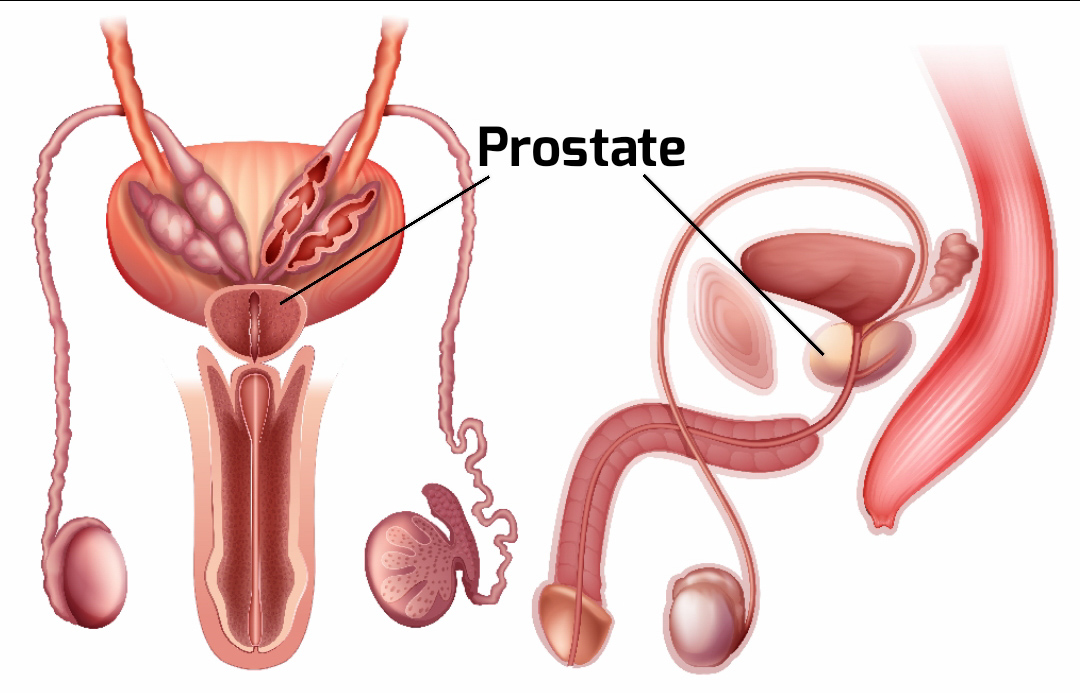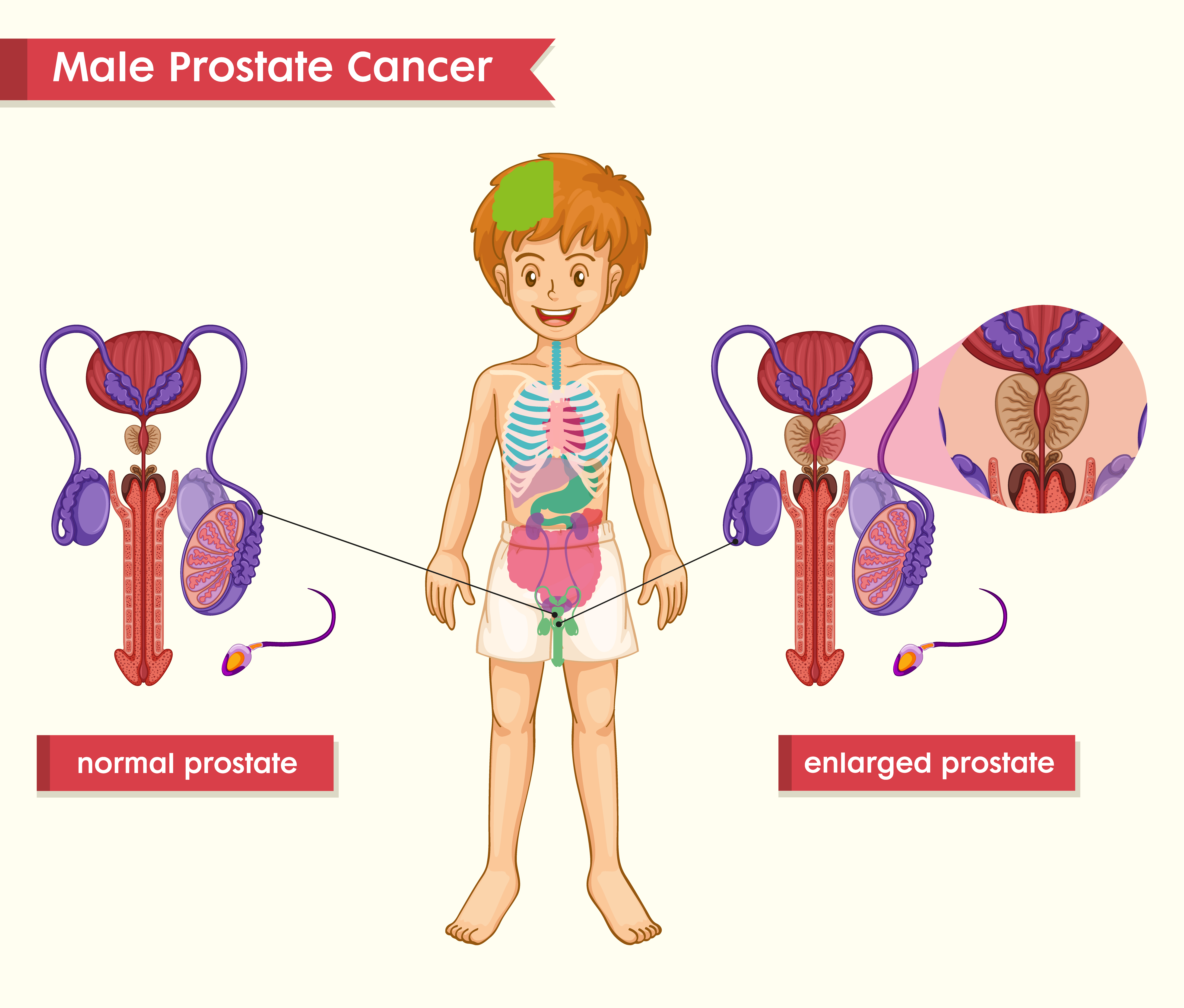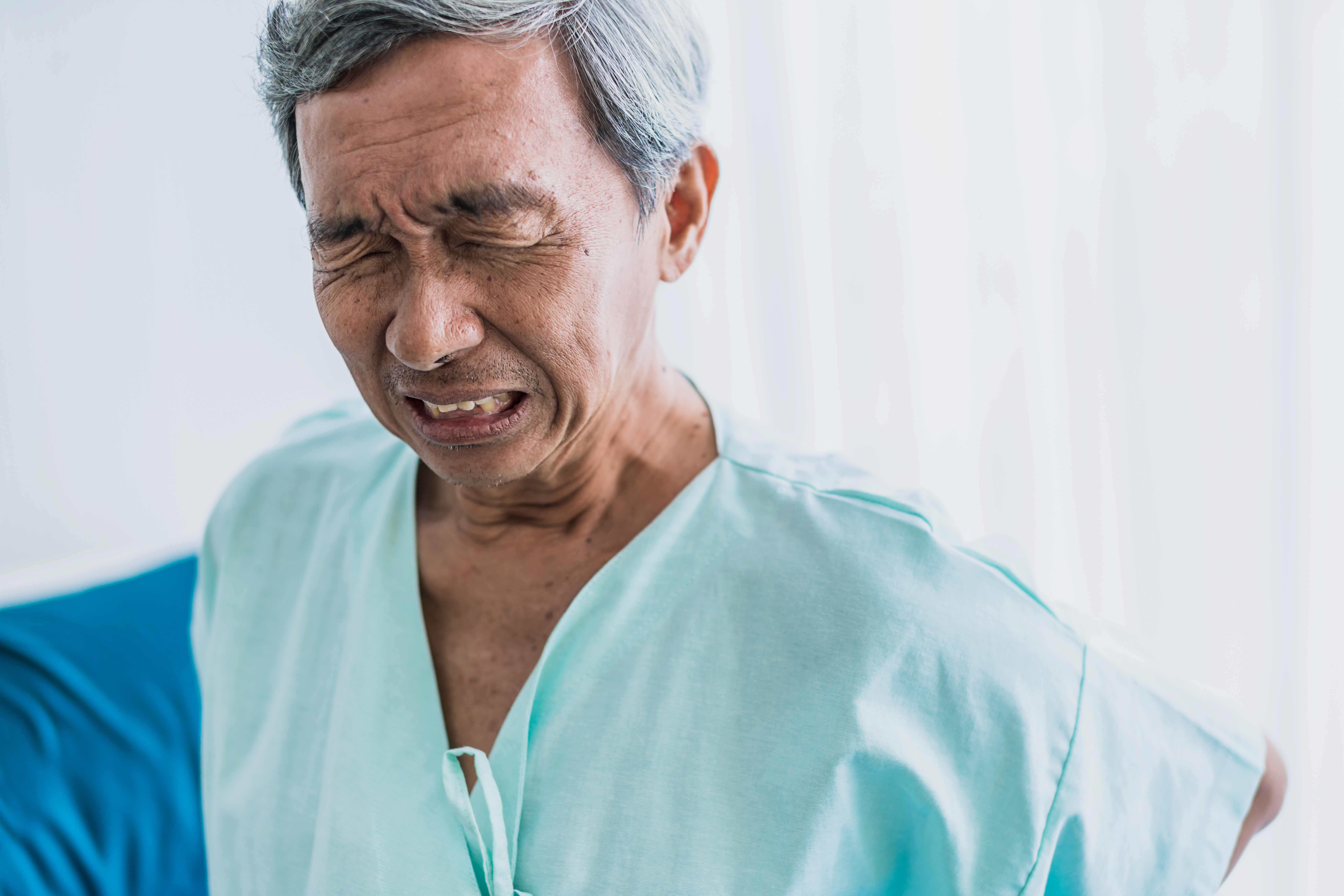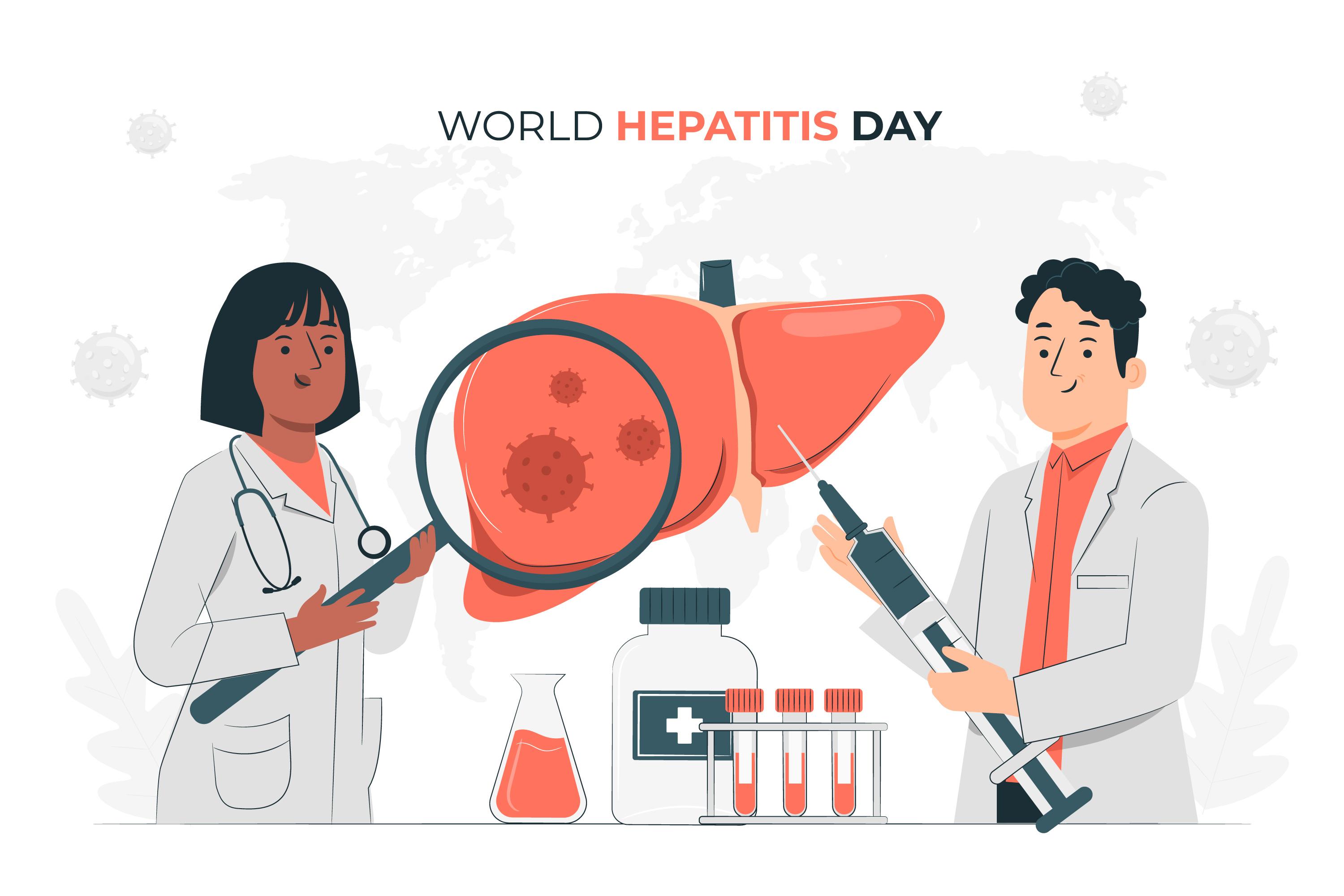Prostate Health - What you should know!
5 minutes read | 2 comments

Written by Joseph Addo
What is the Prostate?
This post is targeted at anyone who has the organ with the least attention but has quite a big effect when it becomes problematic. Basically, the prostate (not prostrate) which is most often found in men (not yet heard of any case of women possessing it), is a gland, probably about the size of a golf ball, which can be found in front of the rectum and in-between the penis and bladder. Men do not need it to live, that’s for sure, but if you’d want to have your own babies then I suggest you pay attention.

What does it do?
Typically, the prostate gland exists just to secrete a fluid that provides nourishment and protection to sperms when they are released into the urethra. The prostate squeezes this fluid into the urethra and it combines with the sperms to make up semen. The nutrients provided by this fluid includes zinc, citrate and fructose, and they help keep sperms strong and healthy to be able to swim to the released ovum to fertilize.
Why should I care?

As young boys grow gradually into young men especially during puberty, the prostate gland tends to increase in size and continues to grow till death; but when it grows too large, it comes with a number of health issues. Some of the health issues related to prostate growth are:
- Benign Prostatic Hyperplasia (BPH) – With this condition, the prostate is enlarged but not cancerous, and it sometimes affects urine flow. It mostly happens with older men and is usually treated by medications, surgery and if your symptoms aren’t serious, active or watchful surveillance.
- Acute Bacterial Prostatitis – This condition comes with pain around the prostate region and it usually starts from a bacterial infection. It comes with feverish symptoms as well and should be reported to your doctor right away for treatment.
- Chronic Bacterial Prostatitis – This condition is rare and can be hard to treat since the infection keeps popping up again and again. The doctor should be seen for treatment and monitoring.
- Chronic Prostatitis (Chronic Pelvic Pain Syndrome) – A condition of this nature is very common and comes with symptoms of pain in the groin, lower back or even at the tip of the penis. See your doctor for treatment with medication, surgery (if needed) and lifestyle changes.
- Prostate Cancer – Now this one is a major problem since the prostate grows abnormally and tends to come along with various symptoms. Just like the others, a visit to the doctor should be paramount when there are signs of discomfort around the groin, lower back or penal regions. Some tests are performed to identify the cancer before treatment is commenced. Old age (around 50 years), poor diet (especially high-fat diets), family history of the cancer and sometimes race are considered determinants of the disease.
There are other issues that could arise from prostate problems and they include:
- Inability to urinate freely or without aid.
- Pain during urination or ejaculation.
- Reduced confidence or low self-esteem.
- Sexual inefficiency.
- Reduced sex drive.
- Possibly a failed relationship.

What should I look out for?
When you do see these warning signs, visit the doctor right away;
- Pain during ejaculation while doing the do.
- Painful urination.
- Frequent urge to urinate.
- Feeling of unfinished urination.
- Blood in urine or semen.
- Frequent pain in the groin, lower back, rectal or penal regions.

Can I avoid it?
Prostate health related issues are somewhat inevitable, as long as you grow older as a man, I’d say there’s 80% chance (not backed by statistics) you’d come across it. Early detection however, is a good way to avoid any damaging effects. There are other things you can do on your part to reduce the risks involved:
- Having an improved diet with reduced fat and red meat intake and increased fruits and vegetable intake.
- Maintain a healthy weight to reduce developing a more aggressive prostate cancer.
- Regular exercising.
- Increase vitamin D intake – the early morning exposure to the sun is a good start for the day, mushrooms are also a good source, but please see a physician if you decide to use vitamin D supplements.
- Stop smoking and reduce alcohol intake.
- Finally, though studies are on-going, but according to hopkinsmedicine.org, two studies have shown that men who frequently ejaculate have a lower chance to be diagnosed with prostate cancer (but please don’t go ejaculating every time, there are dangers with that), so stay moderately sexually active.

It could be scary when you realize some diseases such as this might come your way but in all that, stay hopeful and live. Don’t forget you always have a pharmacy in your pocket with doctors ready to give medical advice for free and to deliver your drugs to you in the comfort of your home. This is convenience.
Feel free to share on any platform
Similar Blogs
Anonymous Comments
We DO NOT record comments with the users who posted them.



